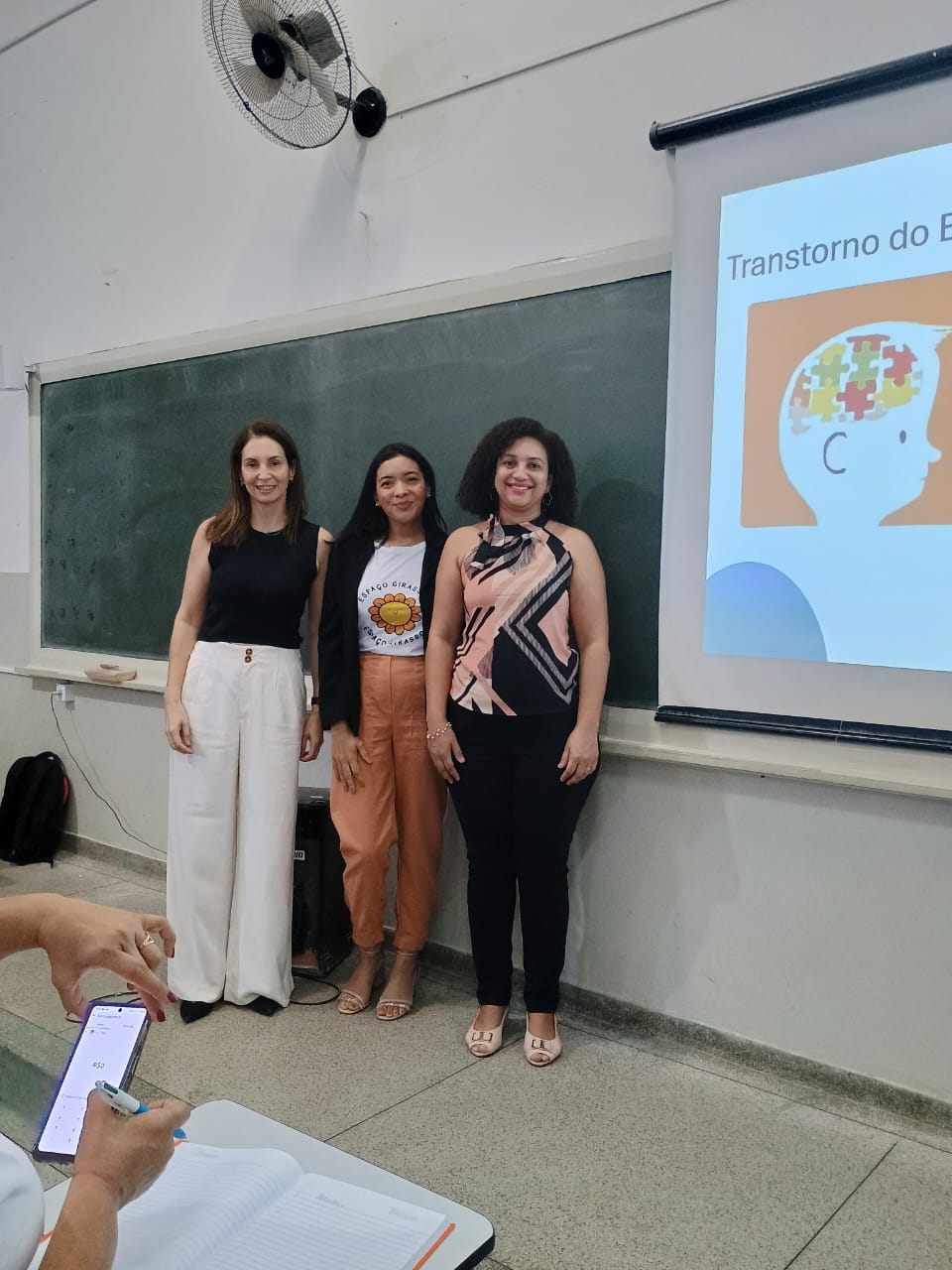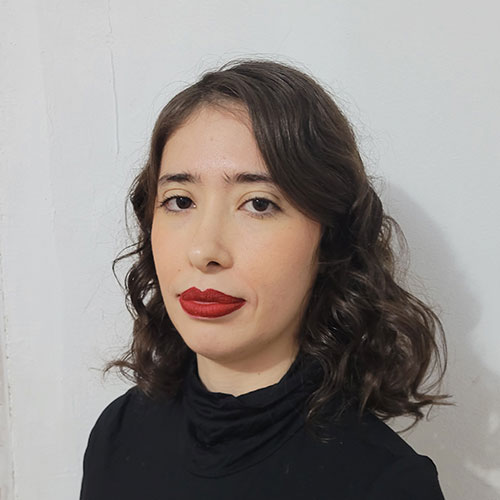Association offers legal and psychological assistance to atypical families
Associação dos Amigos e Pais dos Autistas of Santa Fé do Sul also holds inclusion lectures at schools in the region


In 2015, Glaucilene Montemor became a mother for the first time. As time went by, she realized that her daughter, Helena, was not like other children. In search of answers, she found the diagnosis: Helena is support level 1 autistic. “At the time, there was no talk of autism. I didn’t know what it was and I had never lived with someone with the condition”, she recalls.
Faced with a lack of information, Glaucilene began researching Autism Spectrum Disorder (ASD). At that same time, the desire to connect with other families who were experiencing the same situation arose.
So, in 2021, Projeto Girassol (‘Sunflower Project’, in English) was born as an Instagram profile. There was quick support and, in November 2023, it became the Associação dos Amigos e Pais dos Autistas of Santa Fé do Sul – Amassol (‘Association of Friends and Parents of Autistic Individuals of Santa Fé do Sul’, in English), a city in the northwest of São Paulo with around 35 thousand inhabitants.
Glaucilene explains that the entity focuses on families, offering training and conversation circles, as well as guidance on issues such as treatments, rights, benefits, school support and agreements.
“We also brought together mothers from smaller municipalities to talk about the spectrum. We have professionals who give courses for parents, as well as pediatric, neurological, physiotherapeutic guidance, among others”, he says.
Meetings take place every two weeks at the association’s headquarters. In February this year, the first Parenting Training for parents and caregivers took place, where two speech therapists, a psychologist and an occupational therapist gave instructions on how to play and the stages of development. “We also talked about sensory processing disorder, how to treat it and which professional to look for help. Parents were able to clarify all their doubts.” In June, a nutritionist taught how to prepare some dishes, using food selectivity as a starting point.
Recently, the association’s activities were expanded with the Projeto Colmeia (‘Hive Project’, in English), which informs mothers about their rights and education and trains them to monitor the services provided by the public authorities. A mother is chosen as leader and given the title of Abelha Rainha (‘Queen bee’, in English).
“This was the way we found not only to bring together the mothers, but also to guide them. The Hive works as a cell of our association, together with the leader mother. Furthermore, they are able to organize themselves and form a support network within the municipality itself.” The first meeting took place in the city of Três Fronteiras, and the project is expected to extend to three more cities in the region.
The association also opened its new headquarters and is working on building a sensory garden in partnership with the Sindicato Rural (‘Rural Union’, in English). Despite these improvements, Glaucilene says that one of her biggest wishes is for the institution to be able to offer treatments for autistic people. “We want to bring ABA (Applied Behavior Analysis) therapy, which is a very expensive therapy and not everyone can afford it.”


Legal and psychological support
According to Glaucilene, many parents arrive without knowing the basic rights that their children have guaranteed by law. Therefore, the entity provides legal services free of charge. “Dr. Ricardo Garcia receives the demand and opens the process, when necessary”. She says that, currently, most actions are related to school support, such as requesting a support teacher or transportation, and benefits.
Another point of attention is the psychology of these families. For this, there is a psychologist who works voluntarily. Sessions take place at the association’s headquarters, online or, in serious cases, at the patient’s house. A social fee of R$30.00 per session is charged and frequency is determined by the professional.
There is also special care for mothers. “We try to ease the burden a little, whether by getting a free consultation with a private doctor, providing psychological support or offering materials. Furthermore, we have a mother who we help with food every month, as she was abandoned by her husband.”
The organization is also concerned with creating a connection with these women and encouraging them, in addition to forming a support network. “I can provide a trip to the mall and it will be really cool, but that will be it. We want to offer something that is permanent, that lasts.”
Awareness campaigns
Due to the different ways of communicating and interacting with others, autistic children are more at risk of being victims of bullying. Therefore, Amassol makes constant visits to schools, colleges and businesses to combat prejudice and disseminate information.
The organization is also frequently contacted by schools and gives lectures on inclusion. Glaucilene says that, in general, the reception from students is good, but there is always the “let it go” crowd, which often reflects the family environment.
“There are families who say that the child needs to learn to live with this, but it’s not like that. I don’t think anyone is obligated to do anything in this life, you can’t normalize this type of situation. Also, awareness and psychoeducation work is essential.” In addition to directing families, the entity wants to guide autistic children, so that they know how to position themselves in these situations.
Find out how to support
The association is maintained with occasional donations and through sponsors. Volunteers are also accepted. To help, get in touch on Instagram.



